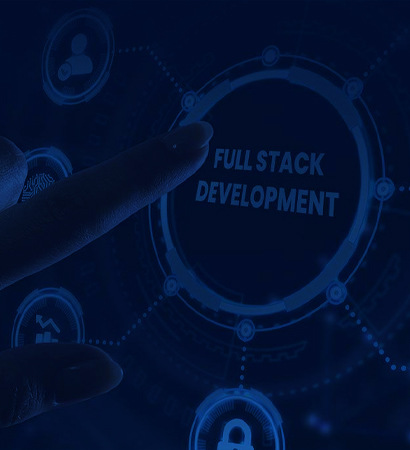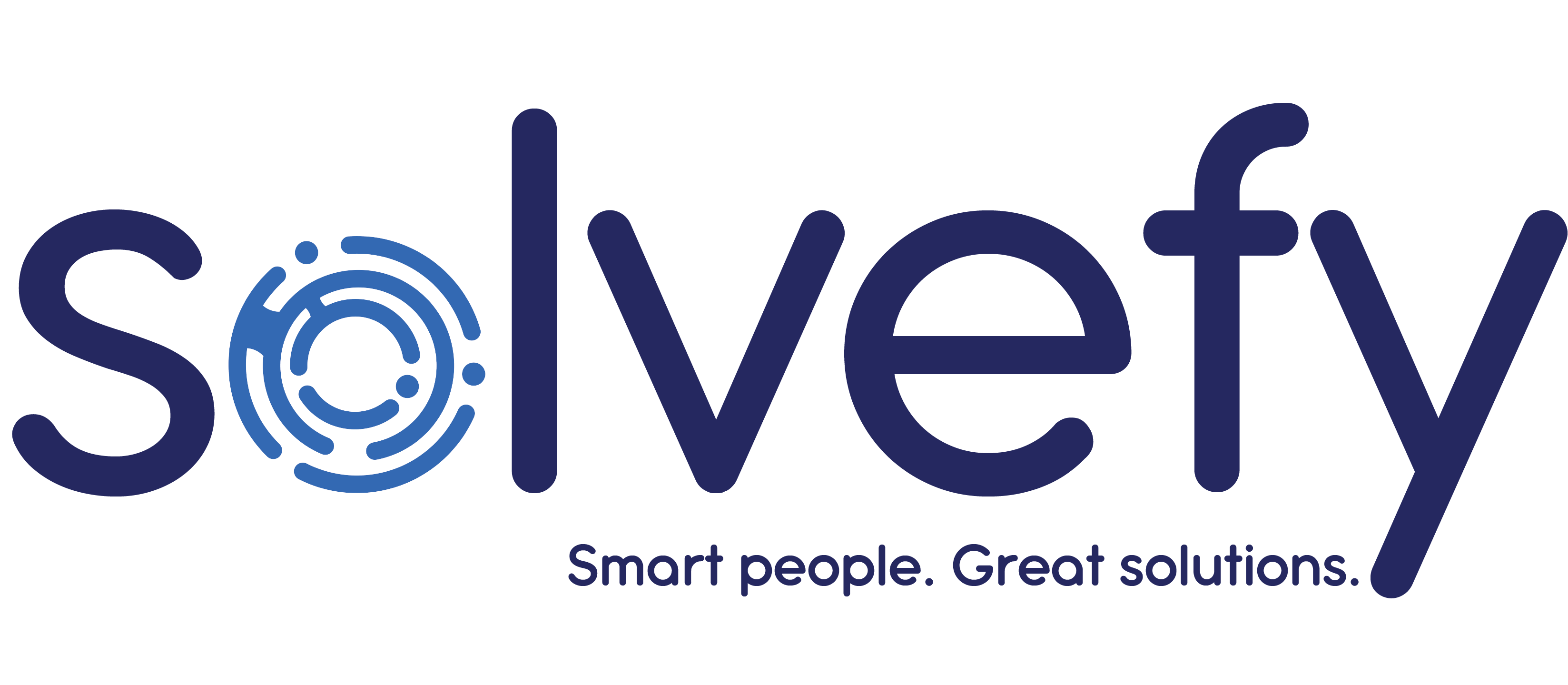Hire Full Stack Developer

Reasons to choose Solvefy Full Stack Developer:
Better Interaction with colleagues
Get more value while staying within budget
Get timely scheduled projects
Schedule meetings
Faster problem solving
What is a Full Stack Developer?
A full stack web developer is a person who is able to develop both client and server software. Besides mastering HTML, CSS and JavaScript, this individual will also specialize in one or more back-end languages like PHP or Python. Some also choose to learn an extra skill such as project management or UI/UX design to ‘complete’ their stack. It will be key for a Full Stack Developer to master all techniques involved in a development project. So being able to prototype quickly and switch between front end and back end development is mandatory. With the right experience they will be able to help all the team members. Let’s see which tools a Full Stack Developer uses next.
The three main categories
- Front end development (the visible parts of a website, webpage, or app)
- Back end development (the “under the hood” databases and infrastructure)
- Full stack development: Full stack can apply to a web stack, mobile stack, or a native application stack.
Full Stack Developer Tools
There are many options available for full stack developer to choose from when it comes to web and app development tools. Which specific technologies they use will depend on your organization’s specific needs. A good Full Stack Developer will surely have all these technologies and more in his toolkit. And yet the right developer for you may need some extra skills, depending on your company’s needs.
Let’s have a quick overview:
- For creating web pages: HTML, CSS and JavaScript
- For programming browsers: JavaScript, jQuery, Angular, or Vue
- For programming servers (like using PHP, ASP, Python, or Node)
- For programming databases (like using SQL, SQLite, or MongoDB)
- LAMP stack: JavaScript – Linux – Apache – MySQL – PHP
- MEAN stack: JavaScript – MongoDB – Express – AngularJS – Node.js
- Django stack: JavaScript – Python – Django – MySQL
- Ruby on Rails stack: JavaScript – Ruby – SQLite – Rails
